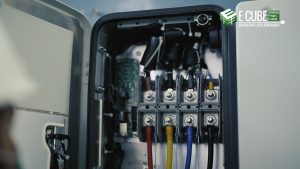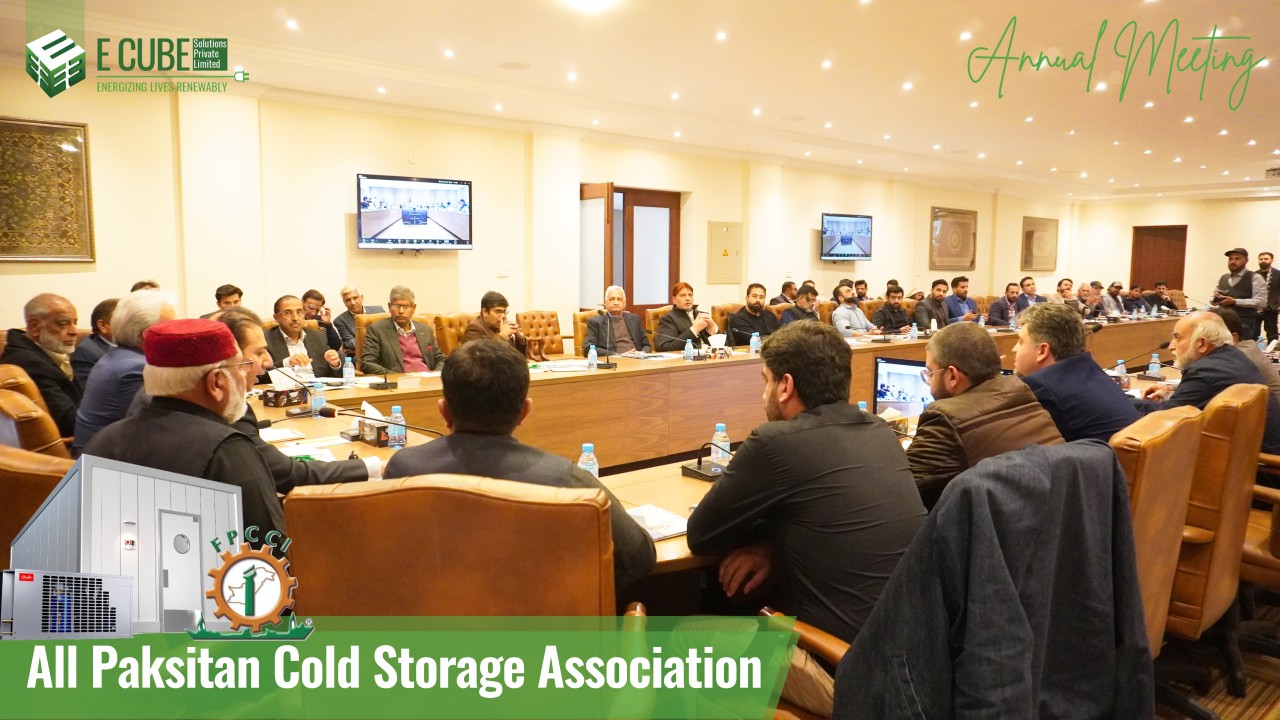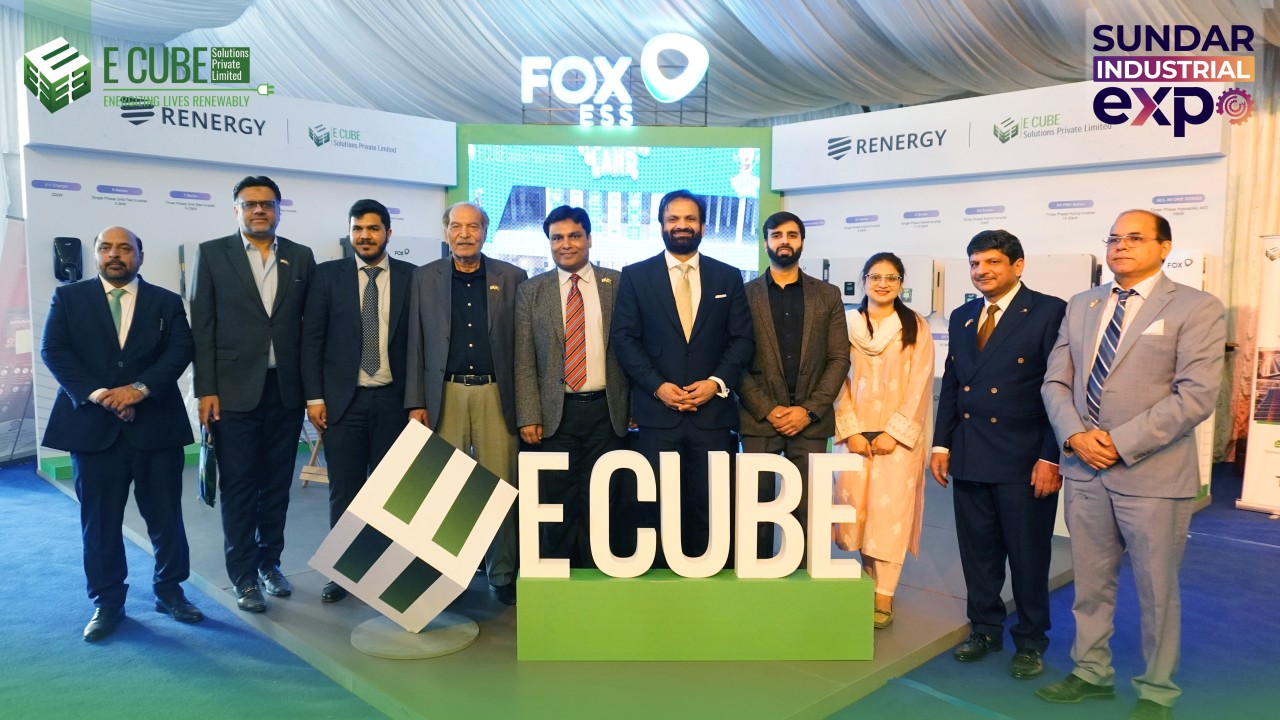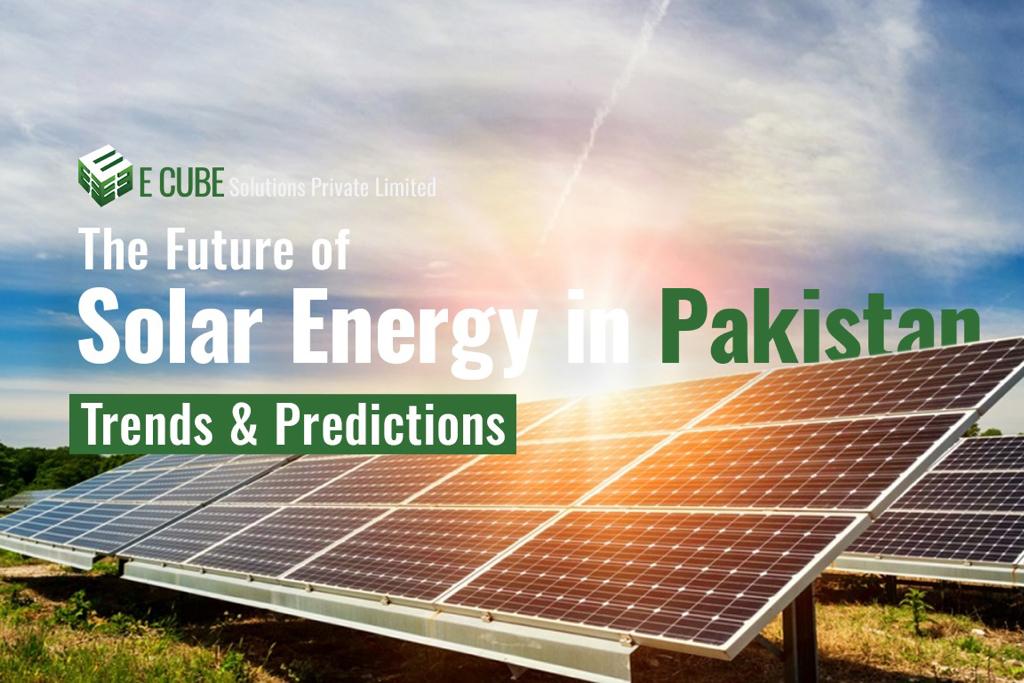Every stage of the textile industry’s supply chain is energy-intensive, from processing yarn, producing fabric, and fabricating textiles, to transporting and selling clothes to customers. Transforming the garment sector to run on renewable energy is vital for a more sustainable society. Customers are also increasingly concerned with how their clothes are made.
Fashion, designer and retail companies are increasingly working to reduce their carbon footprint. Using renewable energy in their operations and supply chain is an important step in achieving this. H&M, Marks and Spencer, Burberry, Nike are just four of more than 200 influential companies that have joined the collaborative, global RE100 initiative, which commits them to using 100% renewable energy to power all their global operations.
 Fashion for Good is another global initiative that is working to ensure that all stages of the fashion supply chain are good – clean and renewable energy is one of the fundamental ways to improve the process. The Five Goods represent an aspirational model to work towards.
Fashion for Good is another global initiative that is working to ensure that all stages of the fashion supply chain are good – clean and renewable energy is one of the fundamental ways to improve the process. The Five Goods represent an aspirational model to work towards.
The textile industry has a long, complex value chain that includes many suppliers. A true commitment to transformation sees companies – such as Marks and Spencer – running various programs to ensure their suppliers also reduce their greenhouse gas emissions. Recognizing that emissions located in the supply chain are on average 5.5 times as high as those from direct operations, supply chain focus is increasing.
The garment industry can document renewable energy consumption with Guarantees of Origin (GOs) in Europe, Renewable Energy Certificates (RECs) in North America and International RECs (I-RECs) in other markets. By using these, companies can document and report that the energy they consume comes from renewable energy.
Some fashion, designer and retail companies are looking to do even more than committing to renewable energy. GO² is a renewable energy product that combines the purchase of documented renewable power with the financing and building of new renewable power capacity. H&M, for example, has a top-financed Tågeröd wind farm through ECOHZ GO².




